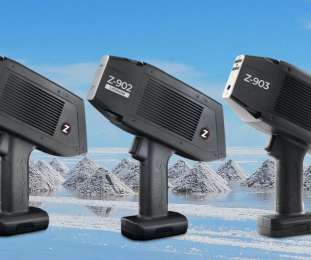ARPA-E awarding $39M to 16 projects to grow the domestic critical minerals supply chain
Green Car Congress
OCTOBER 28, 2022
The University of Texas at Arlington will develop acoustic stimulation and electrolytic proton production to produce lithium (Li) and nickel (Ni) from CO 2 -reactive minerals and rocks that contain calcium (Ca) and magnesium (Mg), while sequestering CO 2 in the form of carbonate solids. Travertine Technologies. from gangue minerals.











Let's personalize your content